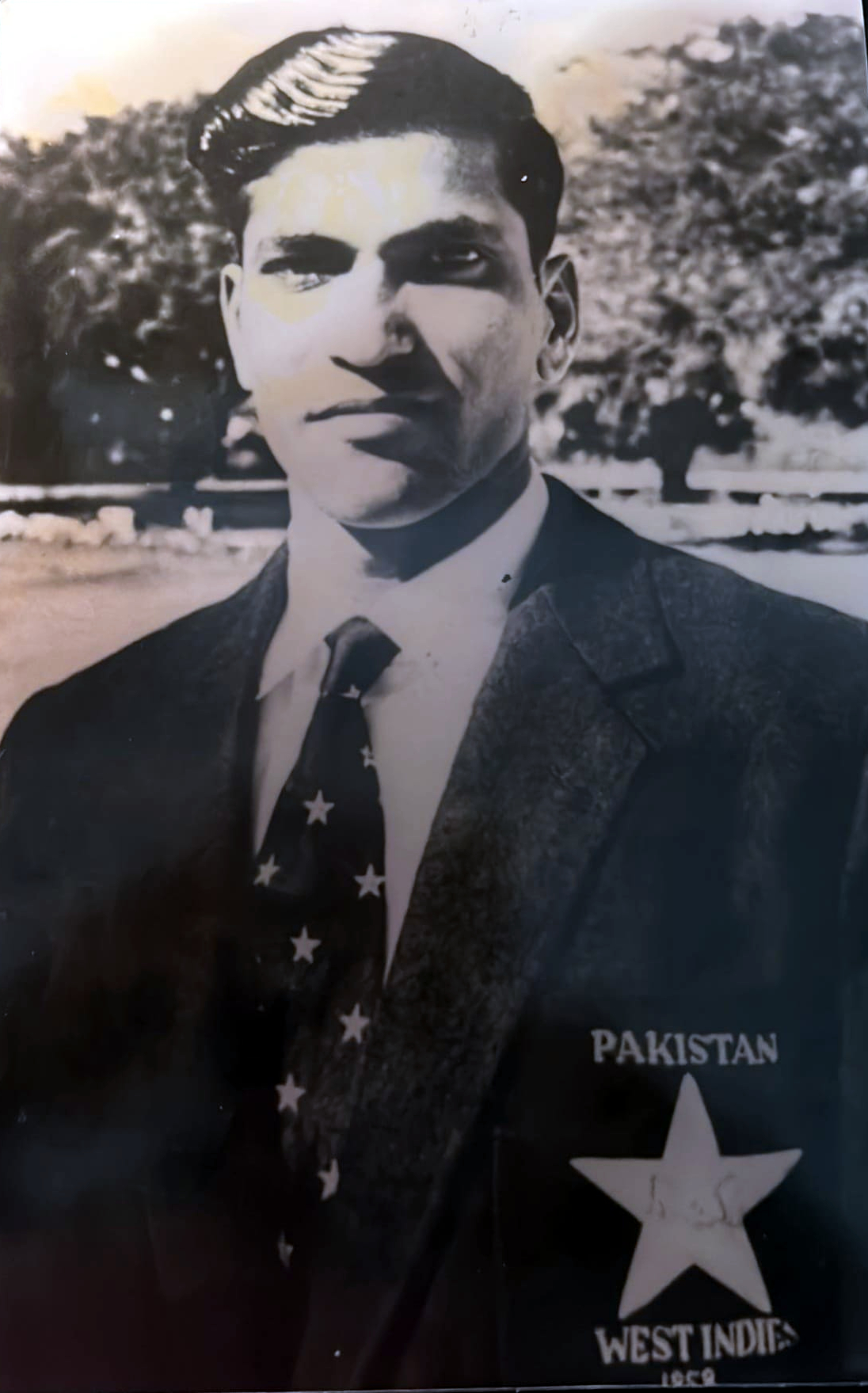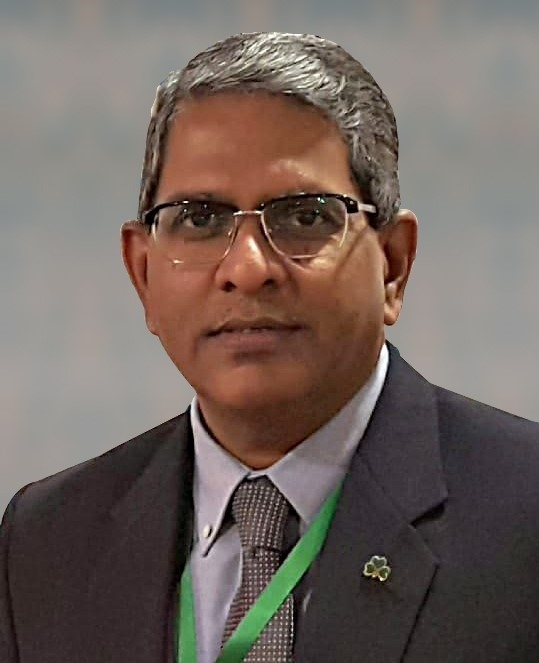 Wallis Mathias (1935-1994), the first Goan to play Test Cricket having played 21 matches for Pakistan, had a unique cricketing talent, especially in times of crisis when he came on to bat with all top-order batters back in the pavilion.
Wallis Mathias (1935-1994), the first Goan to play Test Cricket having played 21 matches for Pakistan, had a unique cricketing talent, especially in times of crisis when he came on to bat with all top-order batters back in the pavilion.
He would simply play with his head down, concentrate on the job to save the side and build on an inning to reach a defendable score. He did that on numerous occasions for the Pakistan team in many Test matches.
Wallis excelled in building partnerships by supporting senior batters who piled up huge individual scores, particularly the great Hanif Mohammad. They were contemporaries in Karachi’s competitive schools’ cricket. When the first and original ‘Little Master’ (as Hanif was referred to by the media) scored his world record-breaking 499 runs in the 1959 domestic season, and a mammoth 337 against the mighty West Indians in the 1957-58 Test series in the Caribbean, it was Wallis Mathias who kept the other end secured. Such was his tenacity as a dependable batter.
In the chronicles of cricketing history, some players excel in skill and possess a unique ability to shine when their team faces a crisis. Wallis Mathias was one such cricketer whose remarkable talent and unwavering composure during crises made him an asset for the Pakistan cricket team.
Khalid Wazir, former Pakistan Test player and St. Pat’s schoolboy hero of the same generation, while playing together in the finals of the Rubie Shield against the fearsome Ikram Elahi who put the fear of God into all the batsmen, says, “Wallis would walk in as cool as a cucumber and playoff Ikram without any signs of anxiety or nervousness. No matter what the crisis Wallis would avert it. One could count on him; he was always reliable.”
Commenting on how difficult it was to get Wallis out, Elahi, the former Pakistan pacer said from Lancashire, “He was a friend from the days of my youth and such a lovely man; he always wished everybody well. I was indeed the scourge of school cricket, but I never got the better of Wallis, he was such a correct and gutsy batsman.”
THE DACCA HERO
The Dacca (now called Dhaka, Bangladesh) Test of 1959 against the mighty West Indies was hailed as the ‘Wallis Mathias Test’ as he played the sheet-anchor role in a low-scoring match. Speedsters Wesley Hall of the West Indies and Fazal Mehmood of Pakistan had ripped through the innings of the opposing teams. Wallis was unnerved and top-scored in both innings of Pakistan, with scores of 64 in a total of 145, and 45 invaluable runs in a total of 144 runs, leaving the Caribbeans to score 214 to win. They were humbled by Fazal, falling short of 41 runs. Shujauddin who played with Wallis in both innings said, “Wallis remained unflappable against a sea of bouncers from Hall and company,” while the West Indian team manager Berkley Gaskin concluded, “Without that young man Wallis, Pakistan would never have made it.”
Test cricket is known for its gruelling and mentally demanding nature, and Wallis Mathias was a master at handling the psychological aspects of the game. His presence in the middle order gave the team a sense of stability and reassurance. When his side needed someone to wither the storm, Wallis was the man they could rely on.
In the world of cricket, where individual brilliance often takes centre stage, Wallis Mathias remains a shining example of a team player who is surpassed in crises. His legacy is a reminder that cricket is not just about individual records but also about the resilience, determination, and unwavering spirit of those who step onto the field to represent their country. He was Pakistan’s trump card and a man of crisis.
When Khalid Wazir met Wallis a couple of years before his passing, he said, “He was modest, charming, and reliable; he had not changed at all, a gentleman to the last. He was a credit to his school and nation.”
(All quotes from the book, “Wallis Mathias – The Gentleman Cricketer’ by Dr. Khadim Hussain Baloch.)
Next Week: A slip-fielder with the safest pair of hands.
 (The writer is a Toronto-based communications consultant, Karachi Goan community/city historian and author)
(The writer is a Toronto-based communications consultant, Karachi Goan community/city historian and author)